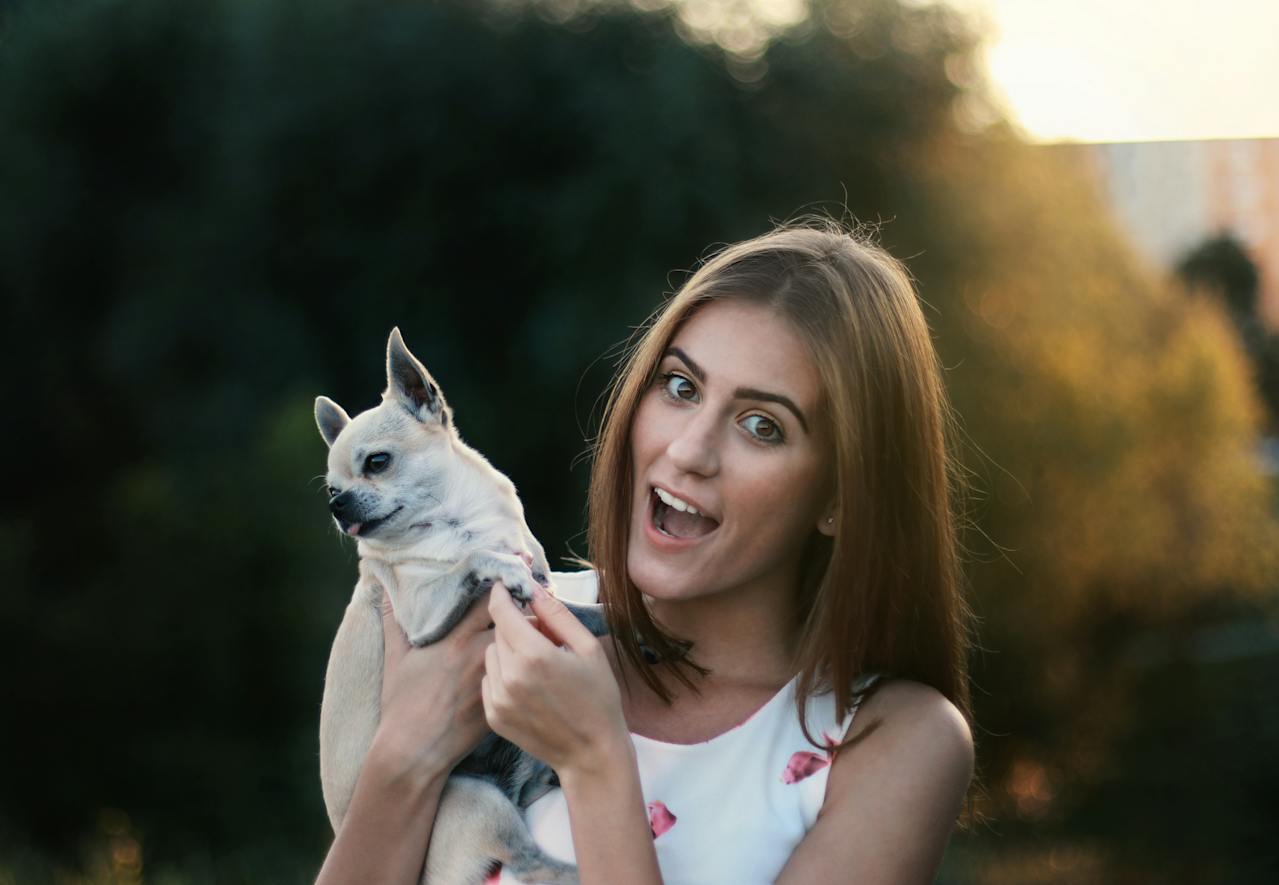During these chilly, winter months, it can be challenging to keep our dogs and cats healthy and happy. The cold weather often brings a slew of potential problems to avoid when it comes to keeping Fido and Fluffy out of trouble. Dr. Carol Osborne, DVM offers a few essentials to get your furry friend through these frigid months without a trip to the vet’s office.
Pick Pet Safe Ice Melting Products for Wintertime
When using ice melting products like Rock salt and De-icing chemicals, spritz your pet’s feet with water when they come back inside to avoid irritation of their skin and paws. Signs of ingestion include excess drooling, depression and vomiting.
Avoid Antifreeze: It Kills Pets
Antifreeze is deadly for pets. Clean up spills and leaks immediately and make sure that Antifreeze is stored in a sealed container locked in a secured cabinet. If you think your pet has consumed antifreeze, this is a true life or death emergency! Go to your vet ASAP and call ahead while you are on your way! Feed Pets More Food to Burn Extra Calories Keep your pets protected from the frigid temperatures (if it’s too cold for you, it’s too cold for your pet. Offer a little extra food during the winter months because more calories are burned trying to maintain body heat).
Prevent Pets from Frostbite in Wintertime
Frostbite risk areas include your pet’s ears, nose, the tip of the tail and ears. Frostbitten areas of skin initially turn a reddish color then become gray. To treat frostbite: give your pet a warm bath and wrap him or her up in warm towels. Don’t rub an area that has frostbite!
Make Homemade Pet Meals in Wintertime
Homemade meals for your pet are a healthy and cost-effective way to ensure your pet is getting essential nutrients without the risk of indigestion, weight gain due to overeating and the high caloric intake of processed foods. Cuisine made of equal portions of a lean protein (chicken, turkey, beef, veal, duck, fish or eggs), long-acting carbohydrates (potatoes, rice, pasta or oatmeal) and fresh vegetables (broccoli, spinach, green beans, lima beans, peas and carrots) are ideal. Cats require more protein than dogs, so 80 percent lean protein and 20 percent veggies is perfect.
Place Rat & Mouse Baits Safely out of Pets Reach
Rat and Mouse baits are usually used more often in cold weather. Place baits in areas inaccessible to your pets. Peanut butter baits smell good and are tasty to pets. Save labels, and if you think bait has been eaten by your pet, get to your vet ASAP. Call ahead while you are on your way! Most pets are treated with Vitamin K therapy and recover.
Dr. Carol Osborne is an author and world-renowned integrative veterinarian of twenty plus years. After graduating from the Ohio State College of Veterinary Medicine, Dr. Carol completed a prestigious internship at the Columbus Zoo. Shortly afterward, she launched a very successful private practice and became founder and director of the non-profit organization, the American Pet Institute. Dr. Carol offers traditional veterinary care for dogs and cats with a softer, natural touch. Her approach highlights the importance of nutrition and utilizing holistic avenues in combination with traditional treatments. Currently, she offers holistic therapies and traditional veterinary medical care for dogs and cats at the Chagrin Falls Pet Clinic in Chagrin Falls, Ohio. Call our Office Today at (866) 372-2765 or complete this Form to Email our Office.







